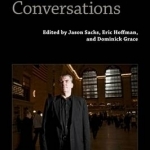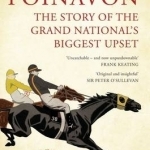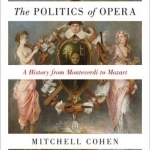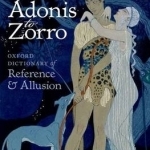The J. R. R. Tolkien Companion and Guide
J.R.R. Tolkien, Wayne G. Hammond and Christina Scull
Book
Stunning two-volume slipcased set containing the most comprehensive in-depth companion to Tolkien's...

Jim Shooter: Conversations
Jason Sacks, Eric Hoffman and Dominick Grace
Book
As an American comic book writer, editor, and businessman, Jim Shooter (b. 1952) remains among the...

Foinavon: The Story of the Grand National's Biggest Upset
Book
It was the upset to end all upsets. On 8 April 1967 at Aintree racecourse in Liverpool, a 100-1...
Let the Right One in
Book
Audiences can't get enough of fang fiction. Twilight, True Blood, Being Human, The Vampire Diaries,...

River Effra: South London's Secret Spine
Book
London was once a city awash with watercourses. Most of these streams and small rivers have long...

The Politics of Opera: A History from Monteverdi to Mozart
Book
A wide-ranging look at the interplay of opera and political ideas through the centuries The Politics...
The Dancing Lares and the Serpent in the Garden: Religion at the Roman Street Corner
Book
The most pervasive gods in ancient Rome had no traditional mythology attached to them, nor was their...

Albert Camus and the Critique of Violence
Book
The temptation to resort to violence runs like a thread through Albert Camus works, and can be...

Adonis to Zorro: Oxford Dictionary of Reference and Allusion
Andrew Delahunty and Sheila Dignen
Book
Allusions form a colourful extension to the English language, drawing on our collective knowledge of...

Hart Crane's 'The Bridge': An Annotated Edition
Book
Hart Crane's long poem The Bridge has steadily grown in stature since it was published in 1930. At...
